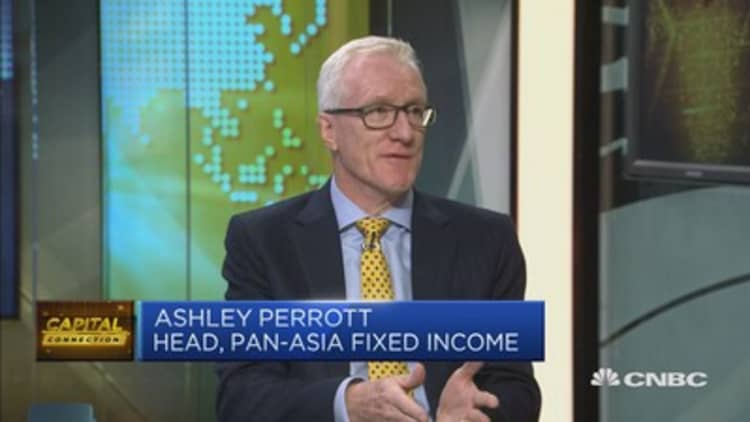
Despite caution over medium-term policy uncertainty following Malaysia's historic election result, the risks remain hypothetical for now, one expert said.
In a stunning election victory last week, the Pakatan Harapan opposition alliance beat the ruling Barisan Nasional coalition, which had been in power for the past 60 years.
"The two keywords ... are 'if' and 'could. The rating agencies have said, yes, there's some credit negative aspects to the potential fiscal policy, but it's still some way off," Ashley Perrott, head of pan-Asia fixed income at UBS Asset Management, told CNBC's Nancy Hungerford.
"I think yes, if they follow through with everything they're talking about doing, the infrastructure concerns, the GST (goods and services tax) repeal, that could be credit negative, sure. But I think that's six months before we really get something concrete from the agencies," he added.
The country's new Prime Minister Mahathir Mohamad had pledged during the campaign trail to scrap the unpopular GST and following his victory, added that infrastructure projects committed to by ousted leader Najib Razak will be re-looked.
But Moody's Investor Service had cautioned in a note on Monday that replacing GST with a proposed sales and services tax — without corresponding measures to match revenue collection — could prove to be credit negative for Malaysia.
"There is little clarity on Pakatan Harapan's economic policy agenda, apart from a few specific campaign pledges that are credit negative at the outset, but lack details that would allow a full assessment of budgetary and macroeconomic effects," Anushka Shah, sovereign risk group senior analyst at Moody's Investor Service, said in a note.
But what Malaysia could lose in tax revenues would be diminished by the broad move higher in oil prices — good news for the oil exporter.
"If they were to repeal the GST in an environment where oil prices were actually declining — you go back 12 months, that was the story — that would be much more problematic," Perrott said, adding that oil prices at their current levels allowed for fiscal flexibility for the government.
The yield on the 10-year Malaysian government bond last stood at 4.21 percent after earlier yielding 4.255 percent, its highest since January 2017. Bond yields move inversely to prices.

